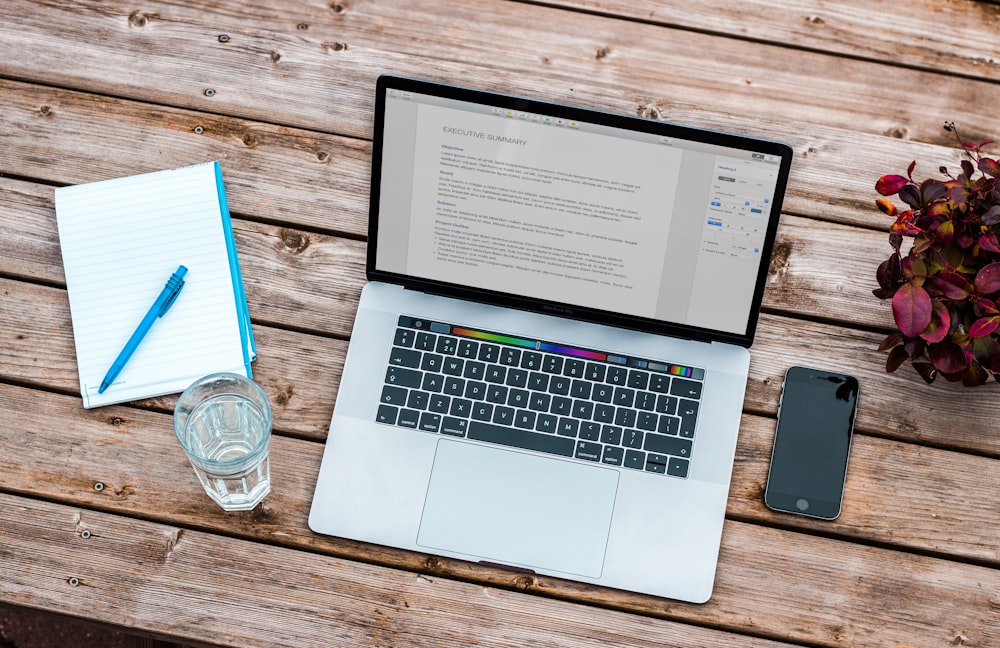Ask yourself if you did not receive your 9 to 5 salary for a month, would you cope financially? An Emergency Fund is a sum of money that you can easily access in case of an emergency such as if you lose your job, sudden repairs are required or bills need to be paid immediately.
An emergency fund should ideally cover 3 – 6 months of living expenses. This amount will differ for everybody, depending on your circumstances such as those with mortgage payments and dependents to look after.
You may struggle to put together the amount of money required to build an emergency fund, so here are a few tips to help you build your trusty emergency fund:
Increase Your Income
There are many ways, which do not require too much time and effort which will help bring you additional income that can go straight towards your emergency fund!
Ideas to increase your income through side hustles include online surveys, market research, online selling, digital products, tutoring or blogging. Waitressing, dog sitting or working as a bartender could also provide sources of additional income.
Check out my blog post on additional income ideas for many more ways to earn additional income !
You can also ask your employer how you could have a pay rise and what responsibilites and steps will be required.
Track Expenditure & Budget
If you build a successful budget you will be able to set aside an ‘Emergency Fund’ category to ensure that you are able to send money to build up your EF.
Moreover if you keep a track of your expenditure you will be able too see exactly where your money is going, and where you can cut back on. This money saved could potentially be used to build your emergency fund.
For example if you are tracking your expenditure and realise that you are spending £100 a month on takeaways, can you find other ways to treat yourself, such as a home cooked themed evening. The money that have manage save can go straight towards your emergency fund.
Automate Savings
Using automatic saving tools has made it easier for you to build up your emergency fund. You can also use apps such as Monzo and using the round up function, creating saving pots or using the Plum app.
The ’rounding up’ function is a great way to save towards your emergency fund. If you spend 75p on a chocolate bar, the app will take £1 from you and pay the 15p in a separate savings pot. Your savings will gradually build up overtime.
Set SMART Goals
SMART goals are – Smart, Measurable, Achievable, Realistic and Time related.
Instead of setting the large goal that a Emergency Fund could be, break the amount up into small chunks that you want to achieve at specific deadlines. For example instead of needing to save up £5,000 in 12 months, break it down to more achievable amounts such as setting quarterly targets.
Keep track of how you are progressing towards your deposit goal by setting monthly or quarterly check ins. Make sure to review your progress, for example if you are not on track are there any adjustments you could make.

Emergency Funds are a must for everyone, to ensure that are you financially prepared to cover an unexpected costs.
There are many ways you can start to build up your Emergency Fund, so what is stopping you?

2 comments